
Happy father’s day
Key points: Fathers have a unique role in their child’s life, providing emotional support and promoting inner growth and strength, offering a sense…
Discover the key milestones of physical, cognitive, linguistic and socio-affective child development and understand the science behind child development.
Discover the key milestones of physical, cognitive, linguistic and socio-affective child development and understand the science behind child development.

Key points: Fathers have a unique role in their child’s life, providing emotional support and promoting inner growth and strength, offering a sense…

Key points: Harvard’s Center on the Developing Child has identified three key principles for giving children the best chance to reach their potential:…
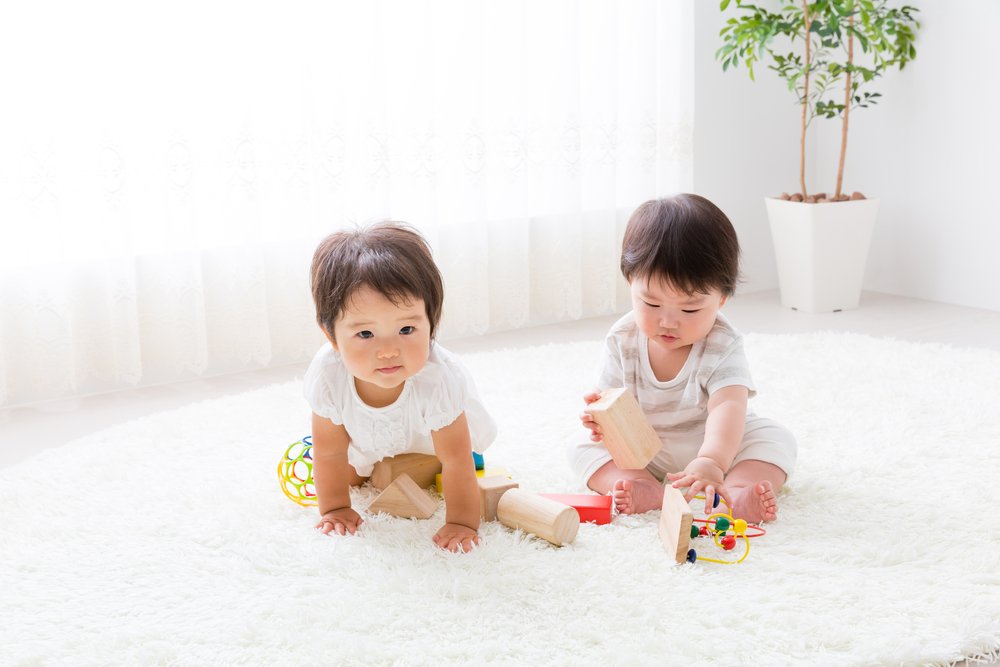
Key points: Parallel play is a normal stage in a child’s development, where they play on their own but near their peers without…

Key points: Temperament is innate and part of the unique wiring of each individual’s brain, separate from parenting skills. Temperament is made up…

Key points: The origins of shyness can be found in the temperamental reactivity of infants and the responsiveness of their parents. Over-protective and…
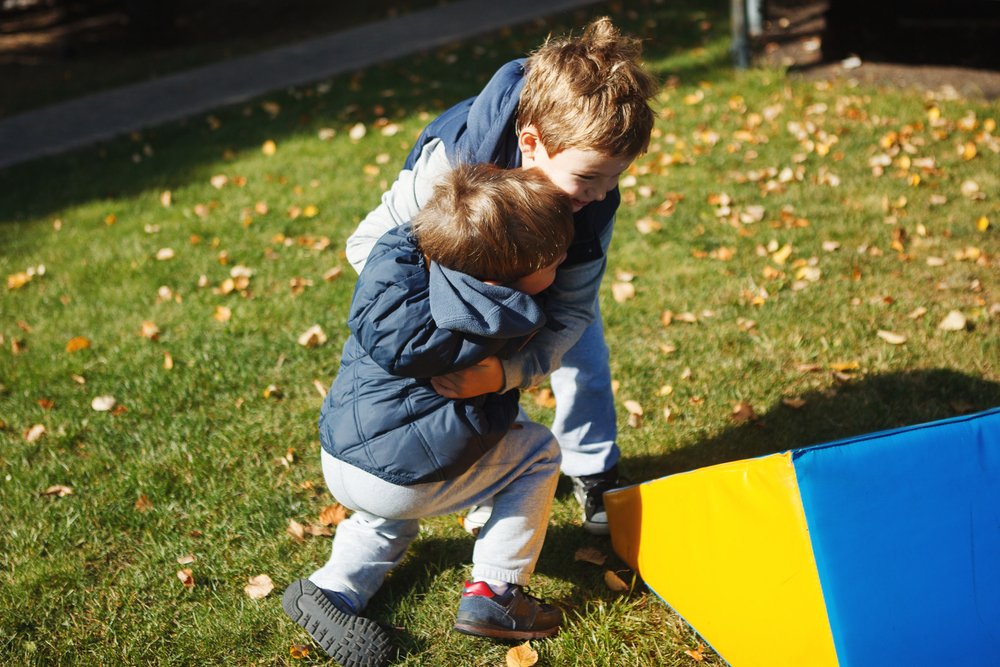
Key points: Your role as a parent is crucial in teaching your child effective communication, empathy, and self-regulation. Through your guidance and support,…

Key points: Toddlers may exhibit aggressive behaviors like hitting, pushing, or biting due to their limited self-control and emotional intelligence. It’s crucial for…
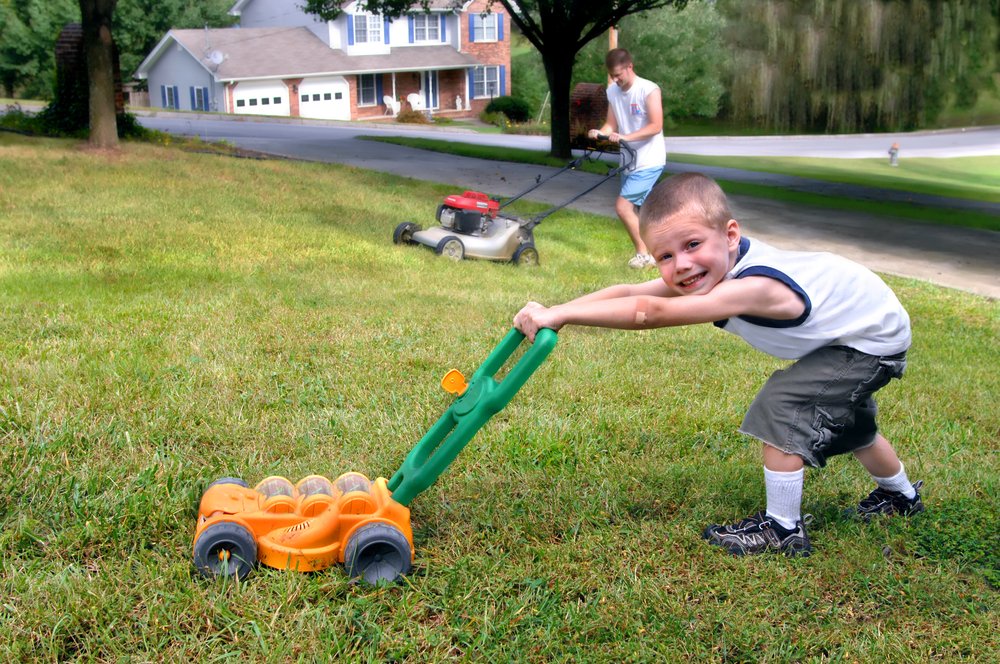
Key points: Imitation plays a crucial role in a child’s socio-emotional development, influencing their habits, expressions, points of view, word choices, and decision-making…
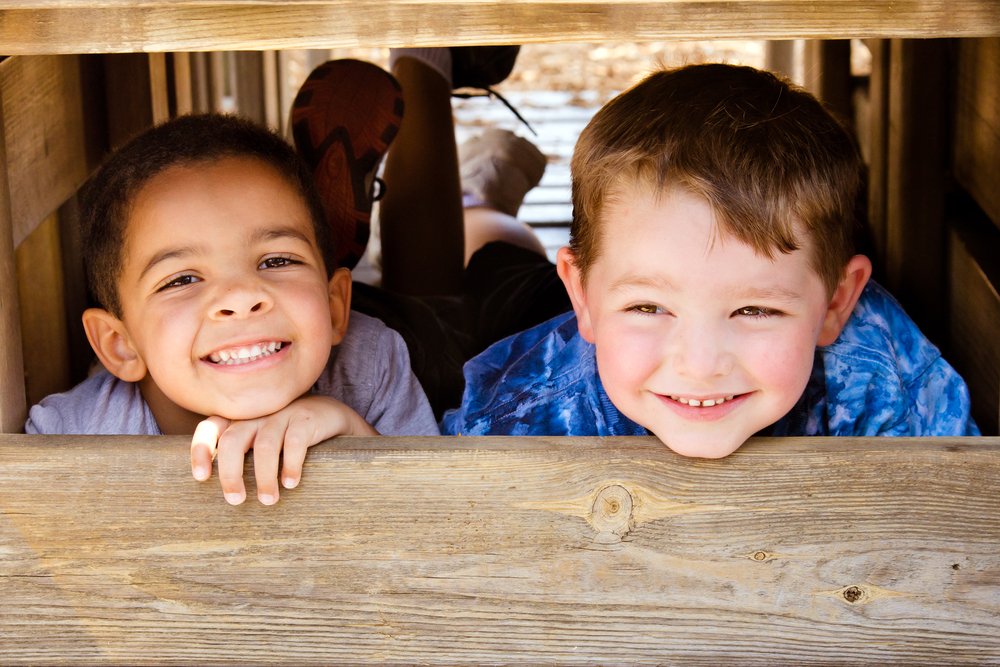
Key points: As children grow, their play styles transition from solo play to more interactive and cooperative play with peers. Around age 2,…

Key points: Grandparents have an important role in a child’s development and can have measurable effects on each other’s psychological well-being. Grandparents are…

Key points: Saying yes more often can help children be more tolerant of receiving no as an answer. The PART acronym (Present, Attuned,…

Key points:1. Scaffolding is a learning process in which adults provide support to children’s development, helping them connect existing knowledge to new skills.2….
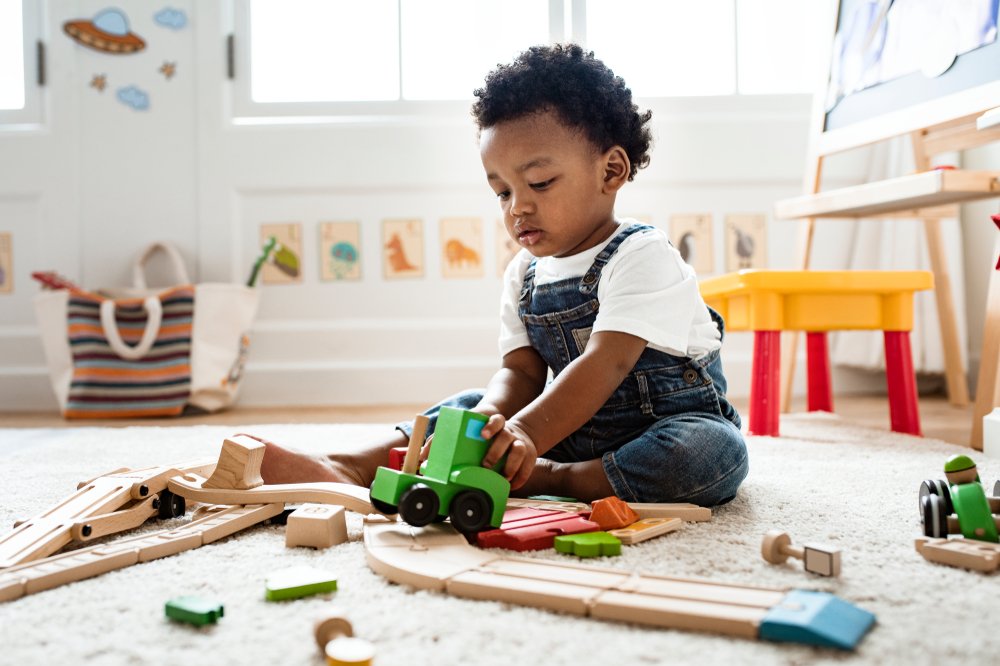
Key points:1. Play is vital for a child’s development, helping them learn, build relationships, and develop essential life skills.2. Toddlers can start learning…
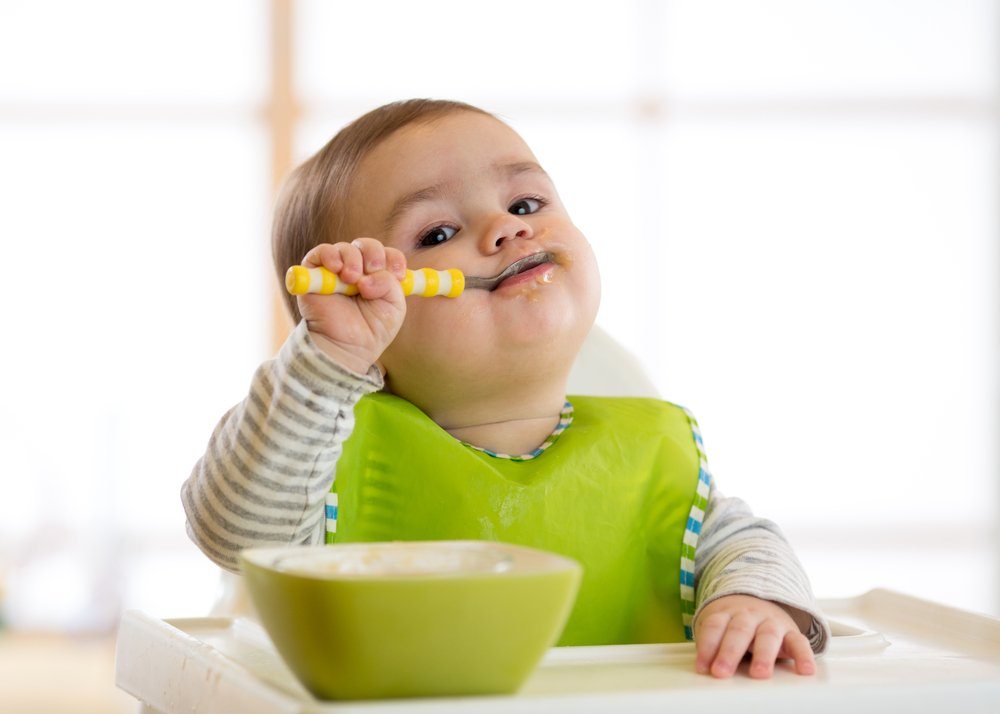
Key points:1. Between 8-12 months, expect your child to explore food and eating, which can be messy and playful.2. Encourage their independence and…

Key points: Temperament is innate and can make a child more or less likely to be shy, but can be modified by experiences…

Key points: Acknowledge and embrace the changes that come with welcoming a new member to the family. Improving the quality of a couple’s…

Key points: 1. Play is essential for a child’s development, fostering exploration, learning, creativity, and social interaction. 2. When playing with your child,…
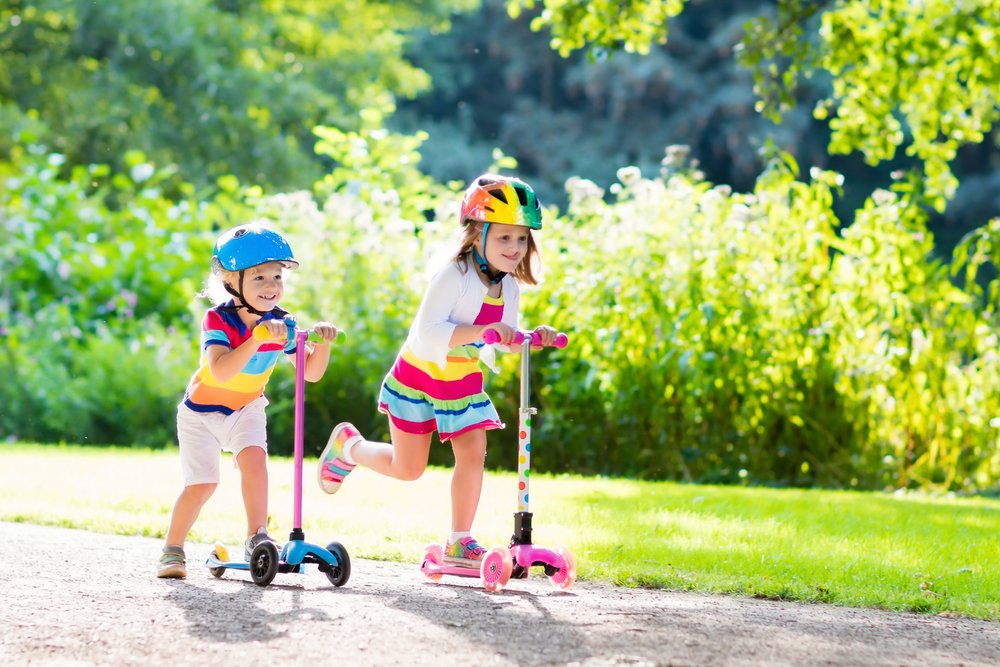
Key points: 1. Theory of mind is the ability to understand that others have their own thoughts, beliefs, and desires. 2. Younger children…
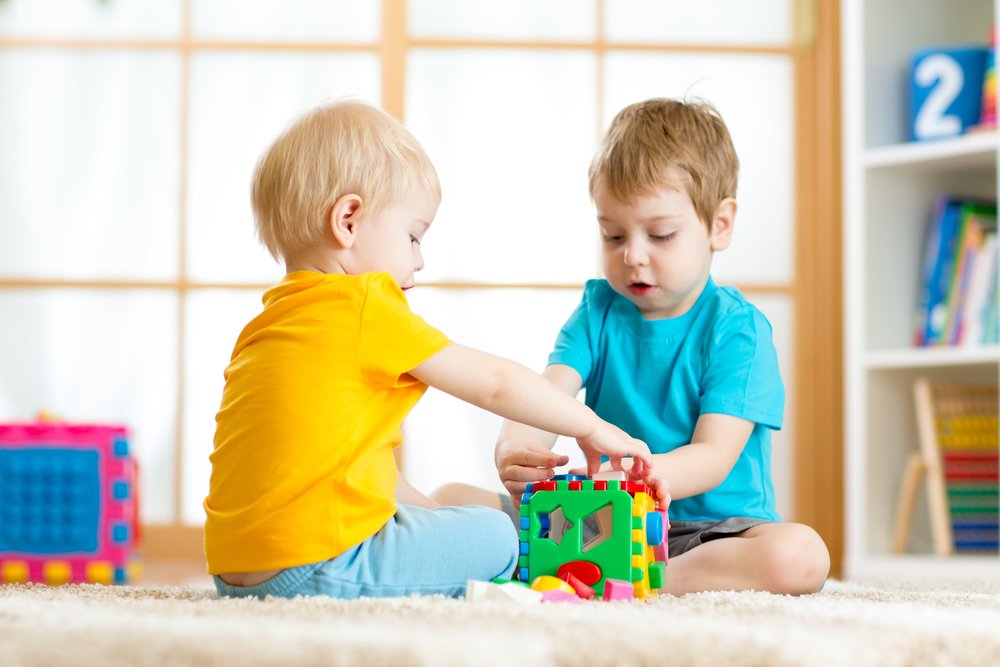
Key points: 1. Collaboration involves working together to achieve a common goal and requires advanced cognitive and social skills. 2. Children’s ability to…
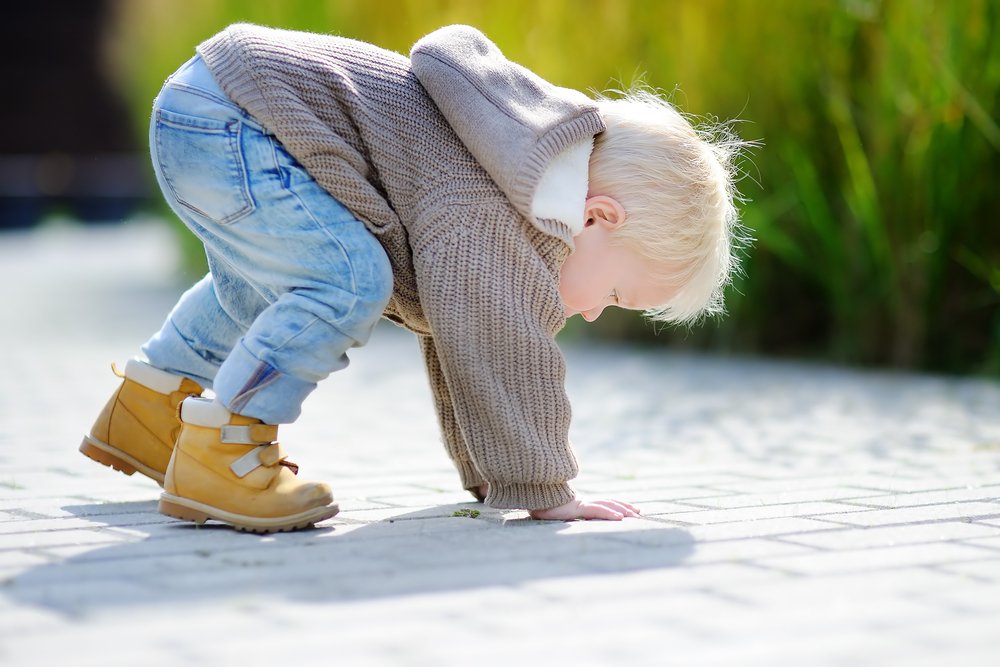
Key points: 1. Supportive relationships with parents or caregivers are crucial for promoting resilience in children. 2. Resilience involves a positive response to…

Key points: 1. Routines foster self-control by providing children with a sense of security and predictability. 2. They promote positive behavior and teach…